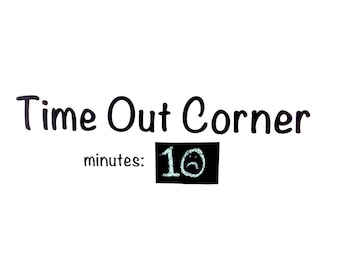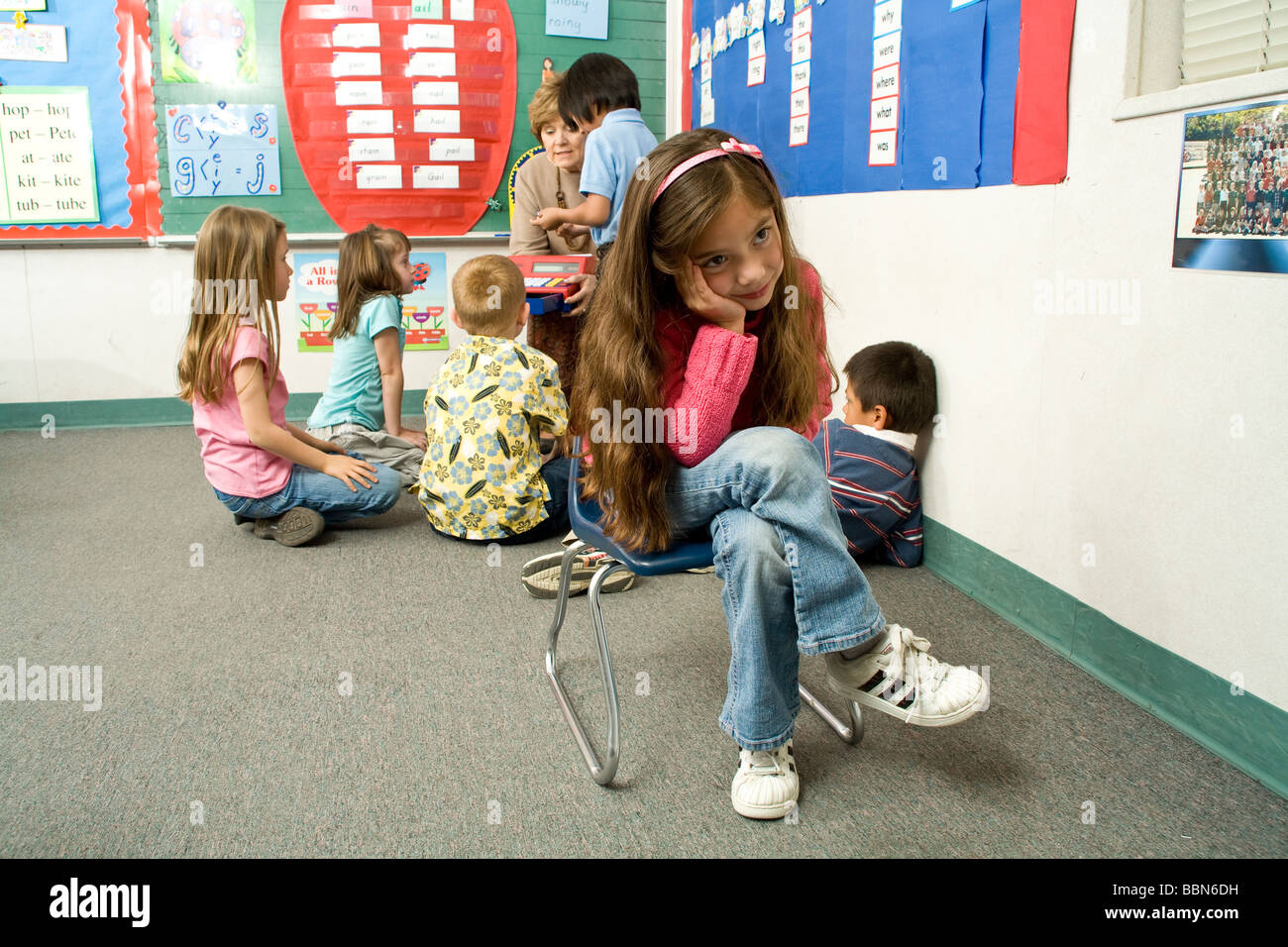

We can turn against by punishing or issuing a time-out. When our children challenge us, we can turn away from them by ignoring. When we use it in a supportive way, we can create an opportunity to improve outcomes through much more effective discipline. Whenever we use time out as a punishment, we create the negative outcomes above. But in the main, our children are only aware of how they’re not good enough, and how no one loves them-especially their mom or dad. There are times when our children do need some space to create some distance between themselves and whatever the problem is. We often think that time-out is helping our child calm down.

Decreases our child’s capacity to develop effective coping skills.The emotional pain is just as real, to the brain, as physical pain.

With the development of MRI technology (a technique for measuring and mapping brain activity), scientists have discovered that the experience of rejection causes blood flow to increase to the same areas of the brain that light up when physical pain is experienced. Making our children feel isolated and rejected causes the brain to respond the same way as it would if we were to physically hurt our child. (Of course, they always deserve our love, but we often make it contingent on their behavior.) It is at the times that our children ‘deserve’ our love the least that they need it the most. Is our child Hungry, Angry, Lonely, Tired, Stressed, or Sick? Isolating our child when she is feeling any of these things, regardless of her age, will rarely assist her to regulate her behavior. The acronym, HALTSS, can help us identify those needs. When our children act out, they are telling us (in challenging and uncivil ways) that they have an unmet need. Putting them in time-out leaves them suffering alone. We need to be soothed and cared for by people close to us. When children are challenging, they don’t need reprimanding. Substantial research describes how humans, and particularly children, cope with distress and difficulty best when they have the support of those around them. Psychologists call this ‘conditional positive regard.’ It teaches children that when they struggle, we do not want to be around them until they can behave in a way that is pleasing to us. If that is the case, what are our children learning when we place them in time-out? Time-out teaches, “when you do something I do not like, I will reject you.” While punishment is about hurting someone for their actions, discipline is about teaching, instructing, guiding, and problem-solving. It says to a child, “I don’t like what you did and I’m going to make you pay a price for it.”īut discipline and punishment are not the same. Even when enforced in a soft, gentle manner, time-out is a punishment. Time-out is a polite term for solitary confinement. My focus was on me, me, me! And all I could think about was how unfair the whole world was.Īs more and more parents accept that hitting children-even a ‘light tap on the bottom'-is not an effective or appropriate discipline strategy, time-out is becoming the go-to discipline tool. Parenting programs advocate time-out as a crucial strategy for controlling children (or, as they put it, for “managing their behavior”). I was plotting my revenge on whatever sibling had upset me. I was thinking about how much I hated her. I was not thinking about what I had done. I was proud of the hole the belt left in the wall, even though I knew there would be a price to pay later.Īs the music blared, adrenaline coursed through my brain and body. (Mom hated that CD.) I grabbed my belt from my bed and slapped the wall as hard as I could. I stormed to my room and slammed the door so hard I thought I had broken it. I cranked up my Henry Rollins CD as loud as I could. “You go to your room and you think about what you’ve done!” she ordered. On a night where my attitude was as entitled and self-righteous as ever, my mom lost her ability to reason with me. I was a bratty, entitled, and sometimes just plain nasty teenager.


 0 kommentar(er)
0 kommentar(er)
